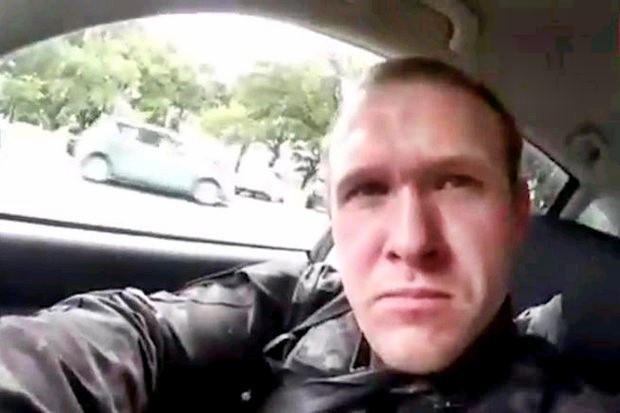
In the words of New Zealand's Prime Minister Jacinda Ardern, March 15 was "one of New Zealand's darkest days" as 50 were killed and at least 20 seriously injured by a calculated attack against two mosques in Christchurch, New Zealand.
The 70-page manifesto posted online by the key suspect espouses white supremacist views and inspiration from current and past leaders, citing the names of other individuals who have taken part in shootings throughout history to justify his "assault on civilisation".
Prime Minister Ardern said, "These are people that I would describe as having extremist views, that have absolutely no place in New Zealand and in fact have no place in the world."
As a civilisation, how have we come to this?
So far, our way of addressing terrorist attacks has been to capture the perpetrators and administer justice, which unfortunately does nothing to bring back the victims whose lives have been taken. We have grown so accustomed to terrorist attacks that we have resigned ourselves to a feeling of inevitability that they will occur. Over time, we have created a culture which in many ways condones and promotes terrorism -- a culture that is xenophobic, glorifies violence, and instills fear of those who are different from us.
Political commentator Ayesha Hazarik, speaking on CNN Talk, said that as a Muslim, she is "sickened and frightened" by the attacks.
"We have a culture, a media and social media culture, that not only tolerates hatred to Muslims but celebrates it," she said. "Shame on the people who have promoted this."
A culture that promotes hatred will surely continue to foster terrorist attacks. To stop these attacks, we must shift our cultural values to peace and tolerance. A proven way for us to accomplish this is by utilising a little known means of ending all war and terrorism once and for all: Invincible Defence Technology (IDT) which is a non-religious, humane and beneficial approach.
The practical components of IDT are the non-religious Transcendental Meditation (TM) and the more advanced TM-Sidhi programmes that include a set of mental practices. When large groups of experts practice these programmes together, a powerful field effect of coherence and peace is generated that spills over into the surrounding population. Extensive scientific research has repeatedly confirmed measurable decreases in war deaths, terrorism, and crime when IDT is utilised. Due to this research the non-profit organisation Global Union of Scientists for Peace (GUSP) advocates this simple and cost-effective approach for reducing social stress.
For about the cost of a few modern fighter jets, any military could establish a group of warriors trained in this advanced IDT approach. This Prevention Wing of the Military would practice IDT programmes twice a day in large groups, defusing societal tensions not only in their country but also globally. The collective consciousness of all populations will rise through the influence of greater harmony and peace. Those who have engaged in violence will no longer do so. Studies have shown repeatedly that this method works, and will continue to work as long as the peace-creating group is maintained.
IDT is not restricted to the military -- any large groups of experts trained in the advanced IDT techniques can accomplish the same goals of alleviating terror and violence simply by practicing this approach in groups twice a day. These groups could be comprised of congregations at places of worship, prisoners, the elderly in nursing homes, even schoolchildren. The important factor is that the techniques be performed by trained experts consistently in groups twice a day. In this way the chains of violence will finally be broken.
At this critical juncture of our history, it is not only enough for governments and militaries to take preventative action; it is up to each of us as individuals to examine our own values and honestly assess whether we are promoting peace and tolerance or fostering hatred in our everyday speech and actions. As individuals, we can each embrace the tenets of Transcendental Meditation and set aside 20 minutes twice a day to practice the techniques that will ultimately shift our culture from hate to love.
David Leffler, PhD, served as an Associate of the Proteus Management Group at the Center for Strategic Leadership, US Army War College. Currently, he serves as the Executive Director at Centre for Advanced Military Science (CAMS); Arlene J Schar is his executive assistant.